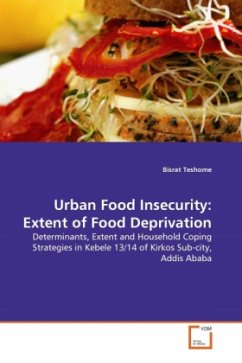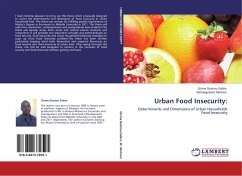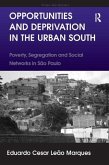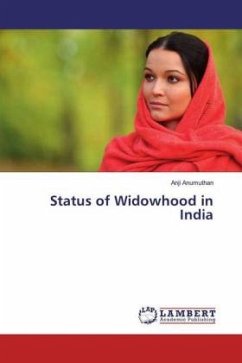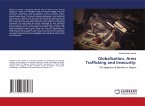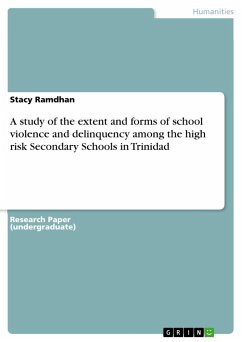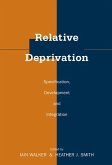The study was conducted at one of the most deprived regions of Addis Ababa. It had objectives of finding out the determinants, extents and household coping strategies of food insecure residents in the locality. The analysis of primary data showed that 70.1% of the sampled populations are food insecure. The most common determinants of household food insecurity were found to be gender of the household head, family size, low average monthly income and very high urban food prices. Personal interviews with residents revealed that there exists a very serious problem that needs urgent response from city/country planners. Coping strategies were another concern analyzed in the study. It was found that most food insecure households have reduced their meal only to twice or once a day. Limiting the size of food per meal and consuming less preferred food types were other commonly adopted strategy to cope with food insecurity. Impacts of food insecurity were also studied and it was found that the major impact was extreme hunger sensation. Other impacts were emotional distress, physical weight loss, anxiety, continuous health complications, and educational and work performance fluctuations.
Bitte wählen Sie Ihr Anliegen aus.
Rechnungen
Retourenschein anfordern
Bestellstatus
Storno

